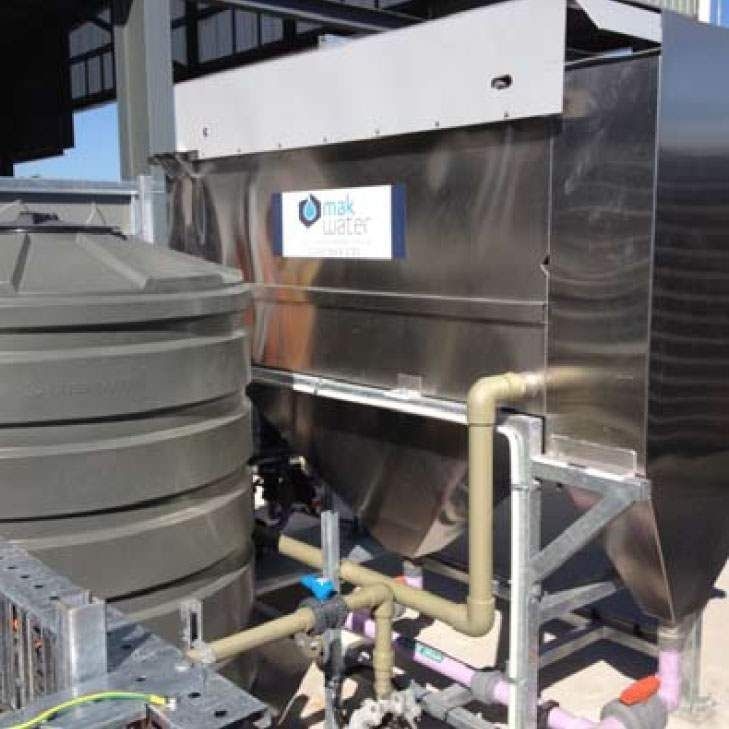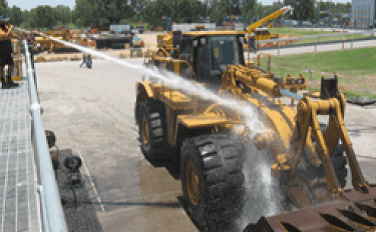Why It’s Time to Rethink Our Most Undervalued Resource
Is “Wastewater” the Wrong Name? Is wastewater really waste—or just water waiting for a second chance?
As climate pressures grow and water scarcity becomes a hot-button issue in Australia and worldwide, it’s time we looked at wastewater through a new lens—one that sees it not as a problem, but as part of the solution.
Why is Water So Important?
Water is life. Every living organism depends on it, and we use it daily—in our homes, in industry, in agriculture, and in every corner of society.
Whether it’s used for food processing, trucked into a remote mine, or supplying a remote community, water is essential.
What Happens When We Use Water?
We often forget: every drop of water we use becomes wastewater. But here’s the kicker—we pay for that water twice:
Once to use it. Again to dispose of it. And that’s before factoring in pumping, treating or re-sourcing costs.
So, the question isn’t just “How can I save water?” but also, “What happens to my wastewater—and how can I reuse it?”
Why Saving Water Isn’t Enough
Yes, we should keep making smart choices—watering lawns only on allowed days, turning taps off while brushing, using pool covers—but conservation has its limits. We can’t reduce water use to zero. Businesses need process water. Families need showers. Farms need irrigation.
Which means the real opportunity lies not just in using less water, but in doing more with the water we’ve already used.
What Is Wastewater—and Why Should We Reuse It?
Wastewater is simply water that’s been used. That doesn’t mean it’s useless. With today’s advanced wastewater treatment technologies, we can:
- Recycle water for cooling, irrigation, or industrial processes
- Treat domestic wastewater for non-potable uses
- Reduce costs and increase water security for businesses and communities
“Wastewater” is poorly named—it should be called renewable water.
Is Wastewater the Future of Sustainable Water Management?
Absolutely. As technology improves, the barriers to reusing and recycling water are rapidly disappearing. From decentralised wastewater treatment to smart monitoring systems, the tools are here—and affordable.
Think of wastewater not as a problem to be discarded, but a resource waiting to be unlocked.
How can MAK Water help?
Let’s stop calling it waste—and start calling it opportunity.
MAK Water helps organisations turn wastewater into a resource. From decentralised systems to large-scale reuse, we make water work smarter.
How can we help you reimagine your wastewater?







